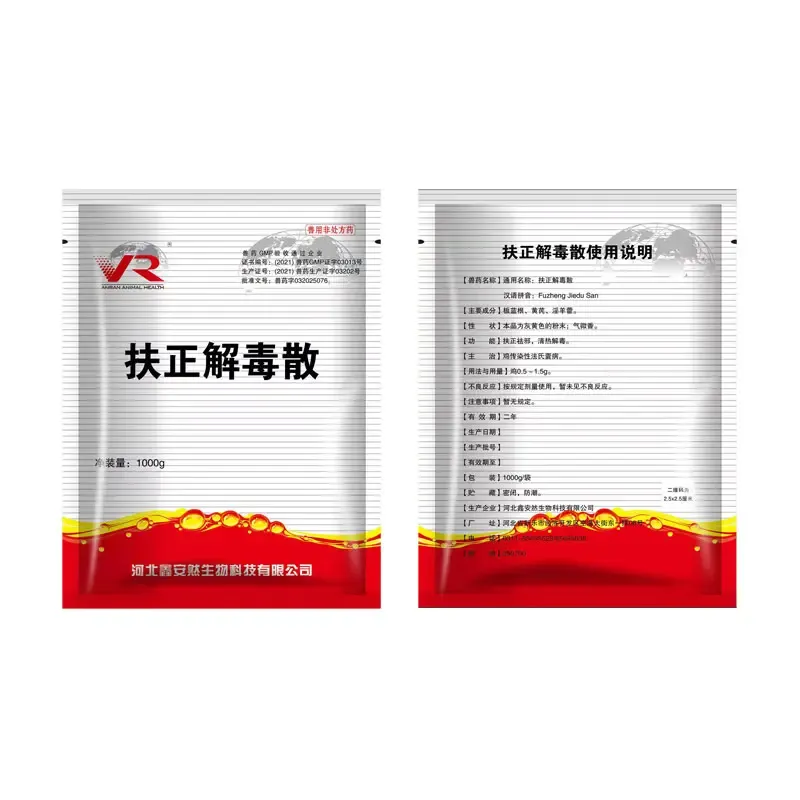- Afrikaans
- Albanian
- Amharic
- Arabic
- Armenian
- Azerbaijani
- Basque
- Belarusian
- Bengali
- Bosnian
- Bulgarian
- Catalan
- Cebuano
- Corsican
- Croatian
- Czech
- Danish
- Dutch
- English
- Esperanto
- Estonian
- Finnish
- French
- Frisian
- Galician
- Georgian
- German
- Greek
- Gujarati
- Haitian Creole
- hausa
- hawaiian
- Hebrew
- Hindi
- Miao
- Hungarian
- Icelandic
- igbo
- Indonesian
- irish
- Italian
- Japanese
- Javanese
- Kannada
- kazakh
- Khmer
- Rwandese
- Korean
- Kurdish
- Kyrgyz
- Lao
- Latin
- Latvian
- Lithuanian
- Luxembourgish
- Macedonian
- Malgashi
- Malay
- Malayalam
- Maltese
- Maori
- Marathi
- Mongolian
- Myanmar
- Nepali
- Norwegian
- Norwegian
- Occitan
- Pashto
- Persian
- Polish
- Portuguese
- Punjabi
- Romanian
- Russian
- Samoan
- Scottish Gaelic
- Serbian
- Sesotho
- Shona
- Sindhi
- Sinhala
- Slovak
- Slovenian
- Somali
- Spanish
- Sundanese
- Swahili
- Swedish
- Tagalog
- Tajik
- Tamil
- Tatar
- Telugu
- Thai
- Turkish
- Turkmen
- Ukrainian
- Urdu
- Uighur
- Uzbek
- Vietnamese
- Welsh
- Bantu
- Yiddish
- Yoruba
- Zulu
9 月 . 26, 2024 01:39 Back to list
Albendazole Solution for Effective Treatment in 30ml Dosage and Its Benefits
Understanding Albendazole A Comprehensive Overview
Albendazole is a broad-spectrum anthelmintic (anti-parasitic) medication that has gained significant importance in the treatment of various parasitic infections. This medication is particularly effective against a range of helminths, including roundworms, tapeworms, and flukes. The standard concentration often comes in a 30 ml formulation, making it accessible for various age groups and weight categories.
Mechanism of Action
Albendazole works by interfering with the metabolic processes of parasites. It disrupts the polymerization of tubulin into microtubules, which are essential for numerous cellular functions, including cell division and nutrient uptake. By inhibiting these processes, albendazole effectively starves the parasites of the necessary components for survival, leading to their eventual death and expulsion from the host’s body.
Clinical Applications
The medication is primarily used to treat infections caused by several types of worms. Some of the most common conditions include
- Ascariasis Caused by the large roundworm Ascaris lumbricoides, this infection can lead to malnutrition and intestinal blockage. - Hookworm Infection This condition is caused by hookworms that primarily affect children in developing countries, leading to anemia and protein deficiency. - Neurocysticercosis A severe condition resulting from the larval stage of the pork tapeworm Taenia solium, which can lead to seizures and neurological complications.
albendazole 30ml

Albendazole is also effective in treating other parasitic infections and can be used in mass drug administration programs aimed at controlling soil-transmitted helminths.
Dosage and Administration
The typical dosage of albendazole varies depending on the type of infection and the patient’s age and weight. For adults, a single dose may suffice for certain infections, while others may require a longer course of treatment. The medication is generally taken orally, with or without food, although taking it with a fatty meal may enhance absorption.
Side Effects
Like any medication, albendazole may have side effects. Commonly reported issues include abdominal pain, nausea, vomiting, and headache. Serious side effects are rare but can occur, particularly in patients receiving long-term treatment or those with pre-existing liver conditions. Therefore, medical supervision is crucial during treatment.
Conclusion
Albendazole is a powerful and versatile medication that plays an essential role in combating parasitic infections worldwide. Its accessibility in a 30 ml formulation makes it a practical option for treating various age groups. Understanding its mechanism, clinical applications, and proper usage can lead to better health outcomes and a brighter future in the fight against parasitic diseases. As with any medical treatment, consulting healthcare professionals for appropriate diagnosis and management is critical.
-
The Power of Radix Isatidis Extract for Your Health and Wellness
NewsOct.29,2024
-
Neomycin Sulfate Soluble Powder: A Versatile Solution for Pet Health
NewsOct.29,2024
-
Lincomycin Hydrochloride Soluble Powder – The Essential Solution
NewsOct.29,2024
-
Garamycin Gentamicin Sulfate for Effective Infection Control
NewsOct.29,2024
-
Doxycycline Hyclate Soluble Powder: Your Antibiotic Needs
NewsOct.29,2024
-
Tilmicosin Premix: The Ultimate Solution for Poultry Health
NewsOct.29,2024













